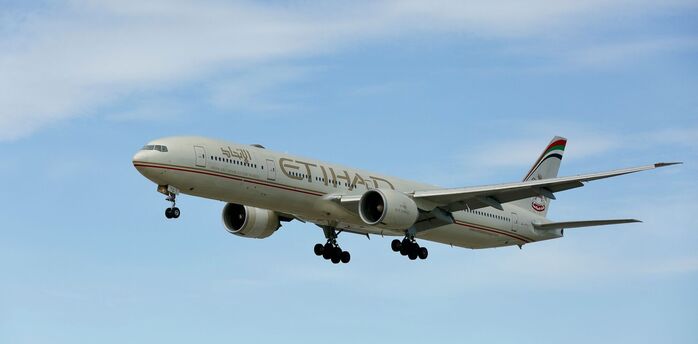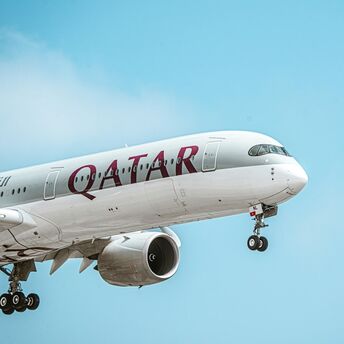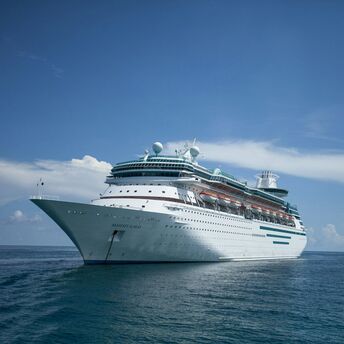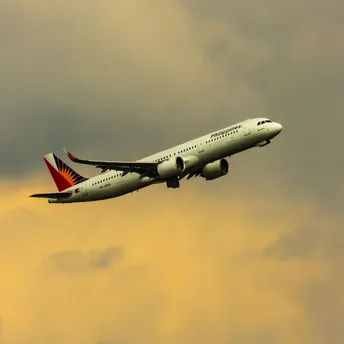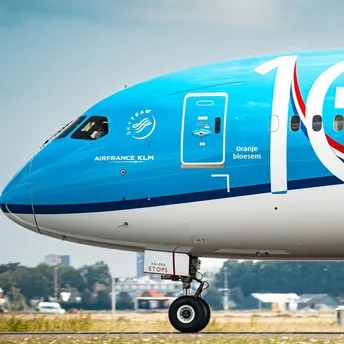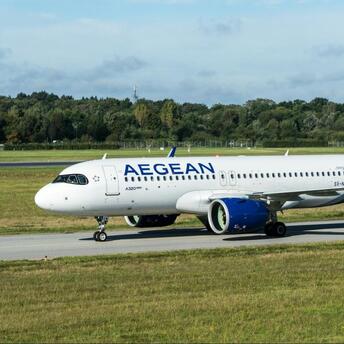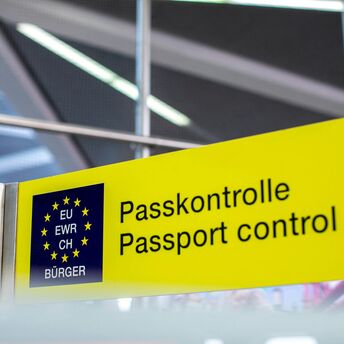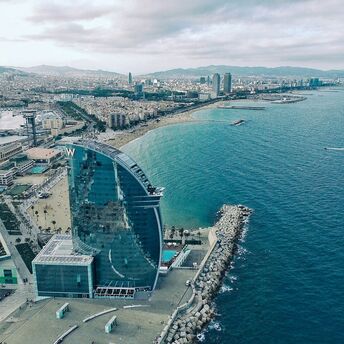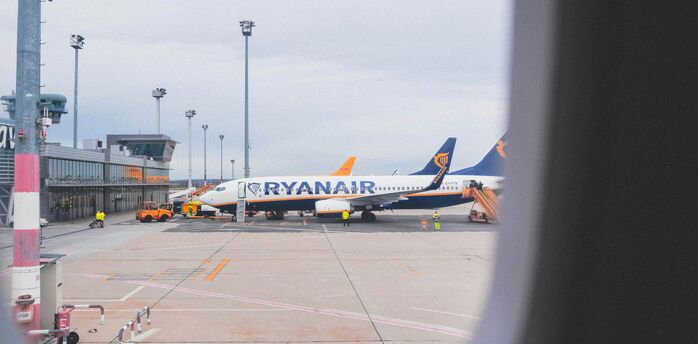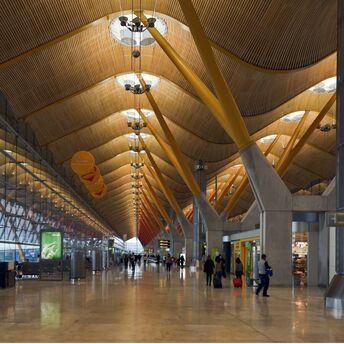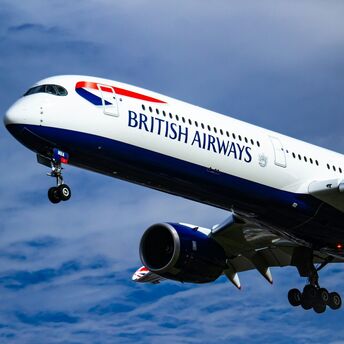Airbus Cancels Iran Air's Long-Awaited Order: A Shift in Aviation Dynamics

In a significant shift in the aviation industry, Airbus has officially removed Iran Air's order for nearly 100 aircraft from its order backlog. This development, revealed in the European aircraft manufacturer's year-end figures, marks the end of a prolonged saga involving Iran’s national carrier.
According to simpleflying, the cancellation of Iran Air's order is a notable event in the aviation world. Initially placed in 2016, following the easing of sanctions tied to Iran's nuclear energy program, the order included a diverse range of aircraft: 16 A350-1000s, 28 A330-900s, eight A330-200s, 32 A320neos, eight A321s, and A320s. The deal was seen as a major milestone for Iran Air, symbolizing a re-entry into global trade and commerce post-sanctions. However, political tensions and regulatory challenges have led to this abrupt reversal.
The situation also sheds light on the intricate regulatory landscape governing the aviation industry. Airbus, though based in Europe, required approval from the US government for these deliveries due to the American-made components in its aircraft. This highlights the global interconnectedness of the aviation industry and the potential for geopolitical developments to impact business operations and decisions.
For frequent flyers, particularly those in business sectors, such developments serve as a reminder of the ever-changing dynamics of international travel. The cancellation impacts the availability of newer, more efficient aircraft in certain markets, potentially affecting travel plans and preferences.
Iran Air, as the oldest airline in the Middle East, faces a significant setback with this cancellation. The airline, which transports around 6 million passengers annually, had anticipated the new aircraft to modernize its fleet and expand its operations. This decision impacts not only the airline but also its passengers, including those traveling for business and leisure, who might have expected enhanced travel experiences with the new fleet.
In conclusion, Airbus' cancellation of Iran Air's order is more than just a business decision; it's a reflection of the intricate interplay between international politics, trade, and the aviation industry. For business travelers, this serves as a poignant example of how external factors can influence travel options and experiences, emphasizing the need for flexibility and awareness in a rapidly evolving global landscape.


